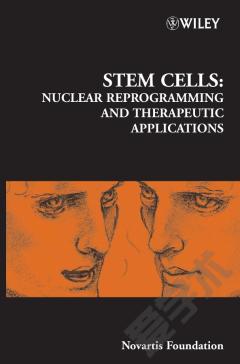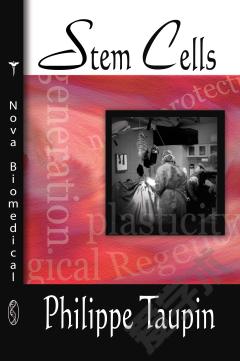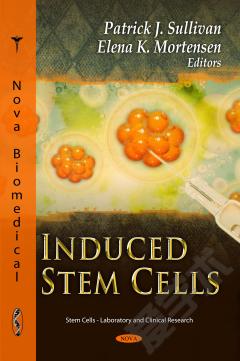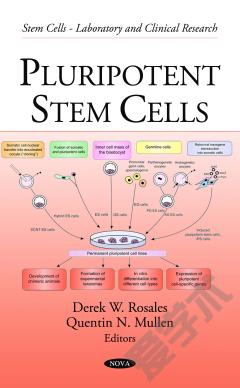Stem Cells
Understanding stem cells at the molecular level is essential to understanding their behaviour in a physiological context. This volume in our acclaimed Novartis Foundation series features animated discussion from the world’s experts in this topic on the important ethical issues that are raised by research on stem cells. They review the various regulatory regimes, which apply in different countries – a key factor in determining where future stem cell research is carried out. Potential clinical applications covered in the book include the production of cardiomyocytes to replace damaged heart tissue, the production of insulin-producing cells for patients with diabetes, and the generation of neurons for the treatment of patients with Parkinson’s disease or spinal cord injury. Particular attention is paid to the factors that maintain stem cells in a pluripotent state or which drive them to create differentiated and lineage-committed cells in vitro and in vivo. Nuclear reprogramming, the process by which a nucleus acquires developmental potential, is covered here as well. It is relevant to stem cell research generally, and also to research on the cloning of animals by nuclear transfer. This book is an essential purchase for all those engaged in stem cell research, whether in the laboratory, the clinic or the regulatory authorities. From the reviews: "...this book provides: a comprehensive overview of current issues in stem cell research, with contributions from leading figures..."—BRITISH SOCIETY OF CELL BIOLOGY
{{comment.content}}








 京公网安备 11010802027623号
京公网安备 11010802027623号